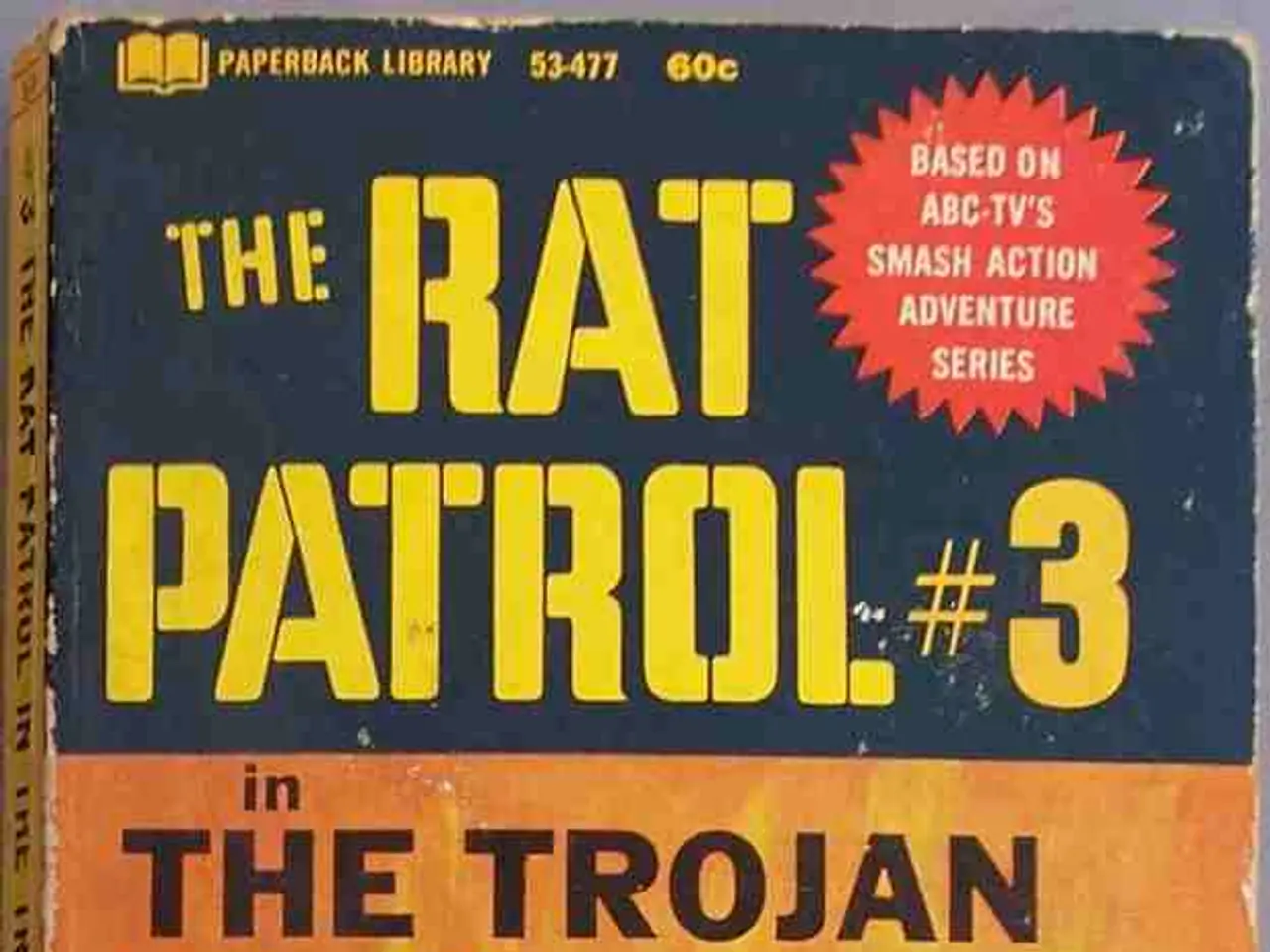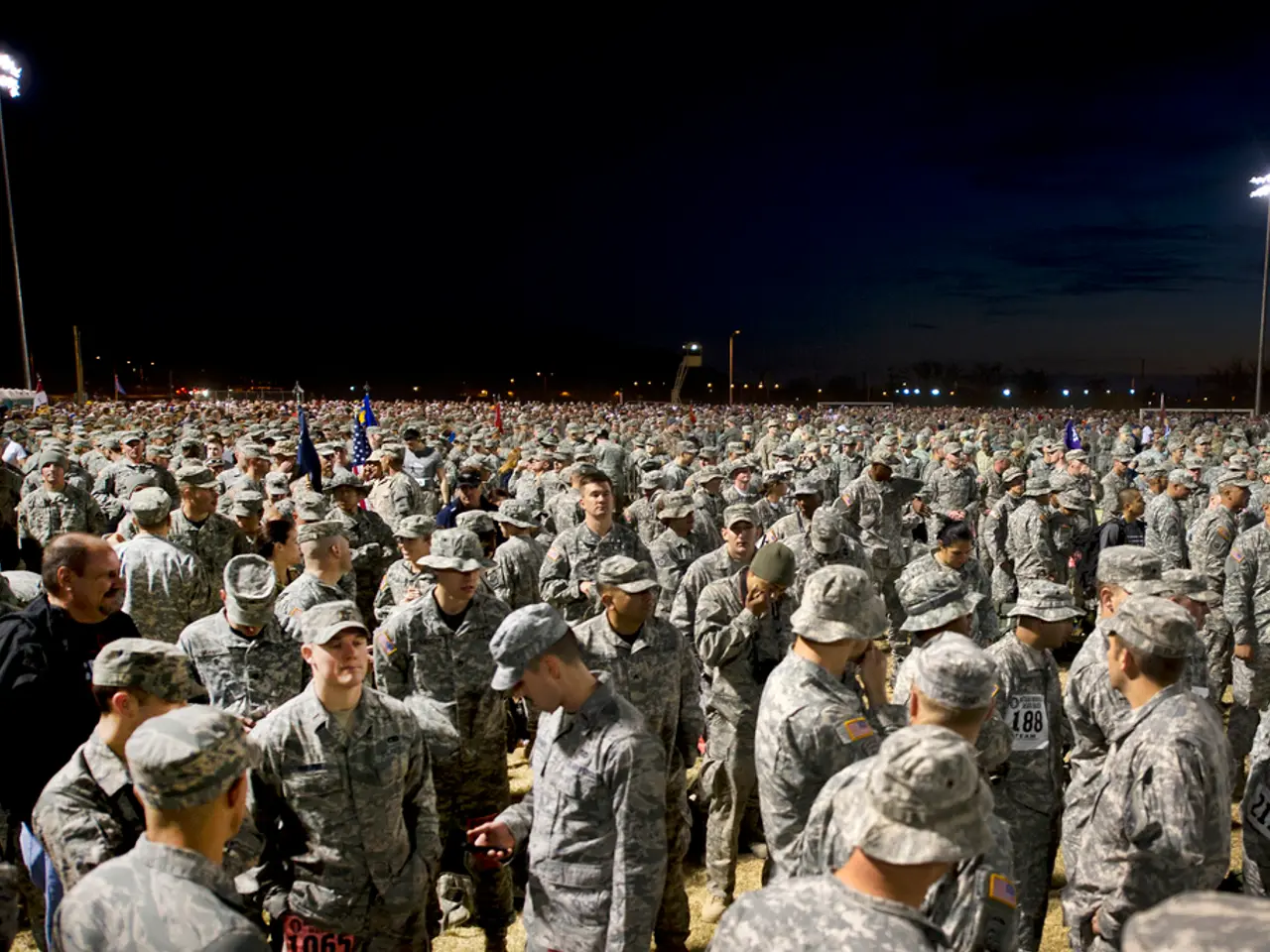Israel conducts offensive operations against Houthi locations in Yemen.
In the heart of the Middle East, a new front in the ongoing regional conflict has emerged. The Israel-Houthi conflict, a recent escalation of the Yemeni civil war, is linked to the broader Israeli-Palestinian conflict and the Iran-Saudi rivalry.
The Houthis, a Shia-led movement primarily based in northern Yemen, have been fighting the Yemeni government and a Saudi-led coalition since 2014. Historically, the Yemeni civil war has been localized, but with the Iran-Saudi rivalry playing out through proxy conflicts, the Houthis have gained external support, notably from Iran, enhancing their military capabilities and regional ambitions.
The Gaza war in 2023, initiated by Hamas’s large-scale attack on Israel, marked a turning point. The Houthis declared solidarity with the Palestinians and began launching missiles at Israel directly, as well as attacking ships passing through the Bab el-Mandeb Strait, a critical maritime chokepoint near Yemen.
Since late 2023, the Houthis have launched hundreds of missile and drone attacks against Israel and vessels in the Red Sea, aiming to pressure Israel to ease its blockade of Gaza and cease hostilities. Israel’s missile defense systems have intercepted several of these attacks, and for the first time, Israeli officials claimed combat occurred in space due to missile interceptions.
The attacks on shipping have escalated tensions in the region, threatening international trade routes. The United States and the United Kingdom responded with coordinated airstrikes against Houthi targets in Yemen starting January 2024, labeling the Houthis a terrorist organization and aiming to protect navigation in the Red Sea.
Israel launched attacks against Houthi targets in the Yemeni ports of Hodeidah, Ras Isa, and Saif. The Israeli Defense Minister, Israel Katz, confirmed these attacks on Houthi-controlled sites, including a power plant and a ship seized by the group.
The Houthis, who control around 30% of Yemen's territory, are accused of grave human rights violations. The Houthi militia, led by cleric Hussein Badreddin al-Houthi, began to gain prominence after taking up arms against then-President Ali Abdullah Saleh in 2004. Despite the attacks causing 150,000 deaths and thousands more injured, the Houthis have managed to retain control of large areas of the country.
The current leader of the Houthis is the brother of the founder of the group, Abdul Malik al Houthi. The Houthis' objective is to leverage their military strength to influence outcomes relating to Gaza and assert a role in regional geopolitics.
A ceasefire was reached at the end of 2022 between the Houthi group and the coalition led by Saudi Arabia. However, the conflict continues to pose a significant threat to regional stability and international trade routes.
- The recent escalation of the Israel-Houthi conflict, linked to the broader Israeli-Palestinian conflict and the Iran-Saudi rivalry, has resulted in the Houthis declaring solidarity with the Palestinians and launching missiles at Israel, as well as attacking ships in the Red Sea.
- In response to the Houthis' attacks on shipping, the United States and the United Kingdom have conducted coordinated airstrikes against Houthi targets in Yemen, labeling the Houthis a terrorist organization and aiming to protect navigation in the Red Sea.
- Amidst growing tension, general news outlets discuss policy and legislation regarding war and conflicts, crime and justice, and politics, as nations grapple with the complexities of the ongoing Israel-Houthi conflict and its implications on regional geopolitics.








